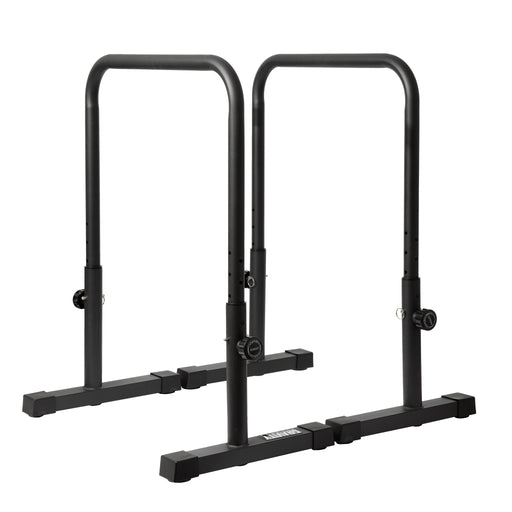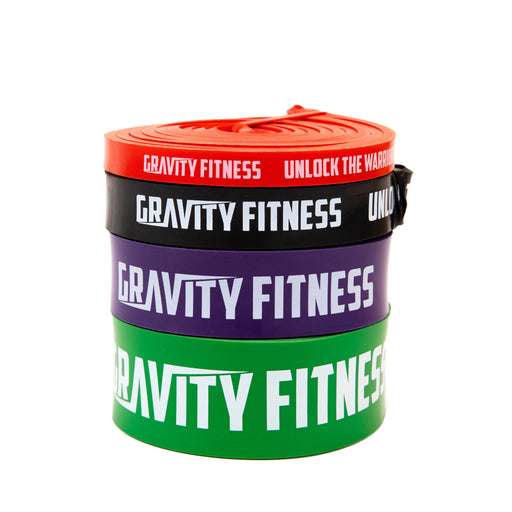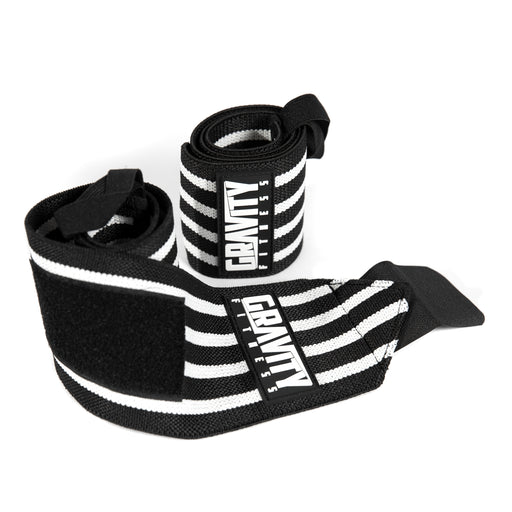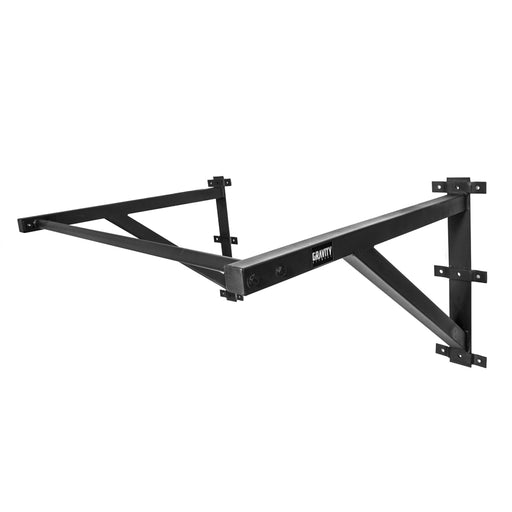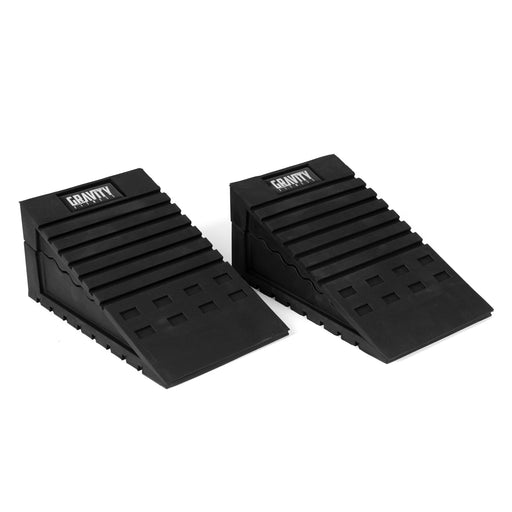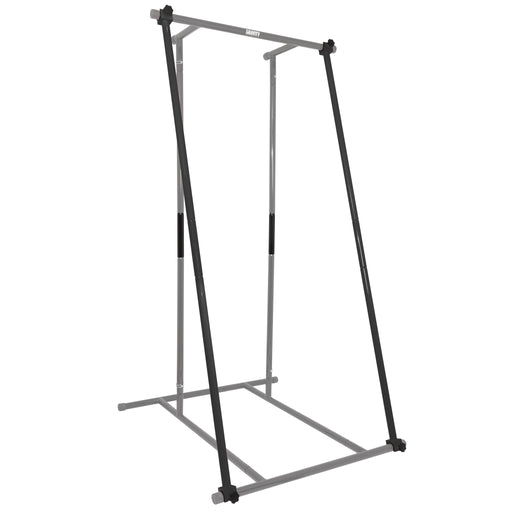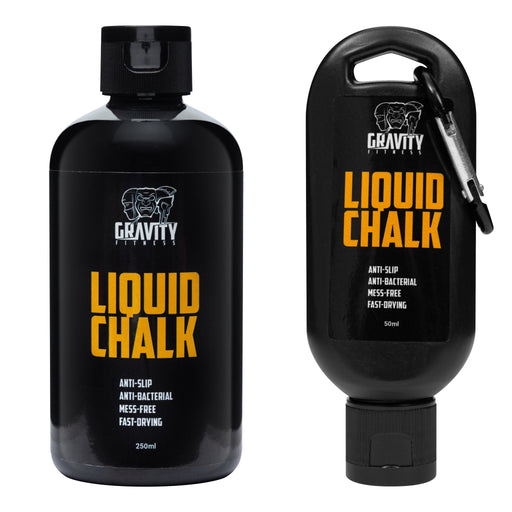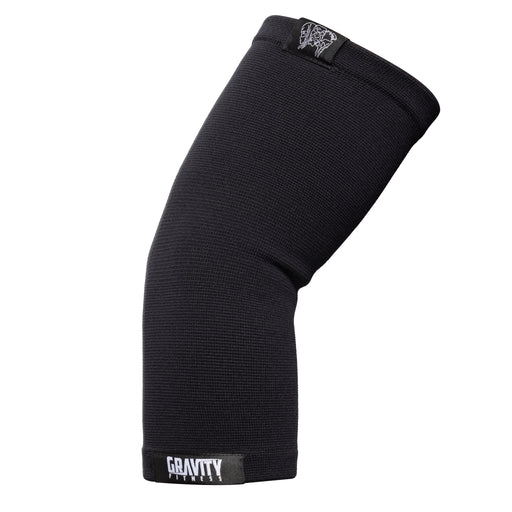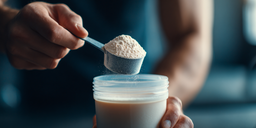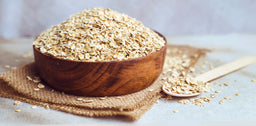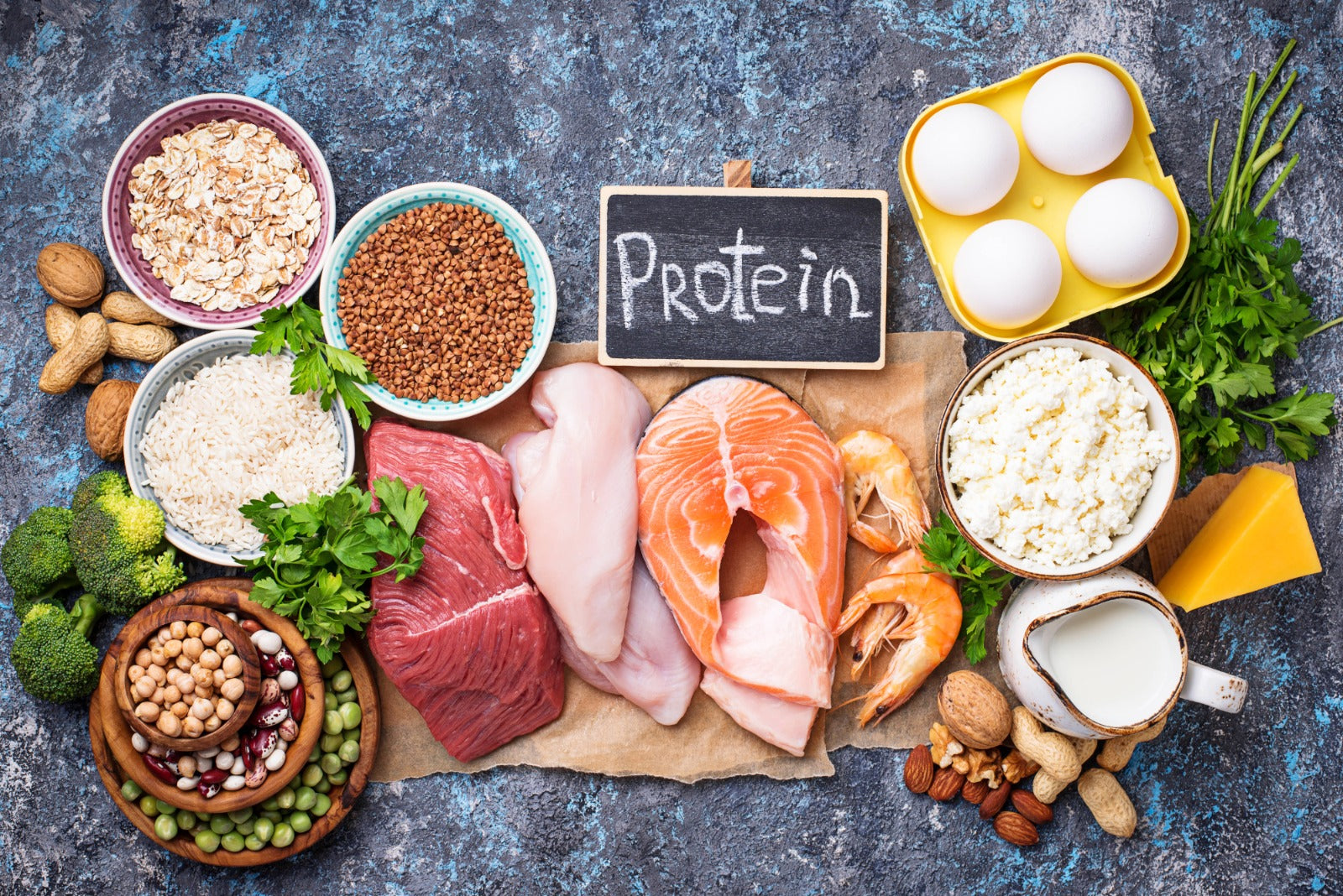
What are some common protein myths?
3 common myths about protein - debunked
How much protein is 'too much’ and what happens if you eat too much protein?
What are some common protein myths?
Protein is one of the macronutrients in foods we eat. Almost all foods contain a bit of protein, and some foods (like meat, eggs, fish, and dairy) are largely protein. Protein is vital for all kinds of functions in the body – not just muscle. Despite it being so important, there is still a lot of confusion over protein and nutrition.
We thought it was time to look at some enduring myths and misconceptions about protein so you can have the facts at your fingertips.
Protein myth: the body can only absorb 30g protein per meal
One myth about protein is that the human body can only absorb or us 30g protein in one go. People who believe this say that if you eat anything more than 30g of the macronutrient protein in one meal, the rest will either turn to fat or will be excreted through urine.
According to research, the human body can absorb a virtually unlimited amount of protein. Which is good news, because 30g protein isn’t a great deal especially if you’re heading out for a steak dinner or a BBQ. Even a modest fitness-lifestyle breakfast of protein oats with extra yoghurt would take you over 30g.
In nutritional science, “absorb” refers to the way nutrients move from the gut and into systemic circulation. The digestive system can’t detect 30g of protein (or any other arbitrary number) and there is no sudden off-switch that would redirect the 31st gram elsewhere.
One thing to be aware of is that eating an excess of calories – from any macronutrient – can lead to weight gain. If you consistently eat more calories than your body burns, your body will store the extra as bodyfat. But those extra calories can come from anywhere.
You are fine to eat over 30g protein per meal. The only adverse side effect is potential weight gain, and this will only happen if your protein calories tip you in to a caloric excess.
Protein myth: what happens when you eat too much protein
Some people believe that strange things happen to the body when you eat “too much protein”. To dispel this myth, we first have to look at what constitutes too much. Many athletes eat in excess of 3g protein per 1kg bodyweight (that would be 300g protein per day for a 100kg person). That’s a lot. And nothing bad happens.
Let’s say you’re a lighter person – say 78kgs. Now let’s say you set your ideal protein intake at 2g/1kg bodyweight, a daily goal of 154g. If you ate 160g protein one day…nothing bad would happen. You won’t strain any internal organs or pack on massive muscles overnight. The only possible issue with eating “too much” protein (which we’ll take to mean “more than a recommended amount”) is excess calories. See our earlier point about total calorie intake and the link to potential weight gain.
Protein myth: too much protein damages the kidneys
For decades, some people have thought that a high protein diet puts strain on the kidneys. There is absolutely no research to back this up. The concept possibly came from links between a high protein diet and early ‘golden era’ bodybuilders, who may have appeared unhealthy to general population at the time.
But there is no research, human study, or meta-analysis that shows any decline in renal function or risk to kidney health from a higher protein diet.
How much protein do we need to eat?
OK, so now we’ve debunked three common protein myths, let’s look at the facts about protein. Most of us chronically under consume protein, and this can pose a real problem especially for older populations who face risks association with muscle loss (sarcopenia) and bone density loss (osteoporosis).
Most people should aim for at least 1.5g protein per 1kg bodyweight. If you are athletic, aiming to gain muscle, or competing in strength or power sports, you could push this to 2.5g per 1kg.
Ultimately, there’s no upper limit to protein intake from a health perspective. But remember that the more protein you eat, the less calories you can eat from fats and carbohydrates. All three macronutrients are important for a balanced diet. So don’t eat protein for the sake of it and neglect fats and carbs. It’s also worth noting that protein foods tend to be expensive (when compared with carbohydrates).
Take a look at the Gravity Fitness store for top quality calisthenics equipment and functional training kit like our best-selling parallettes and portable pull up rack.


















